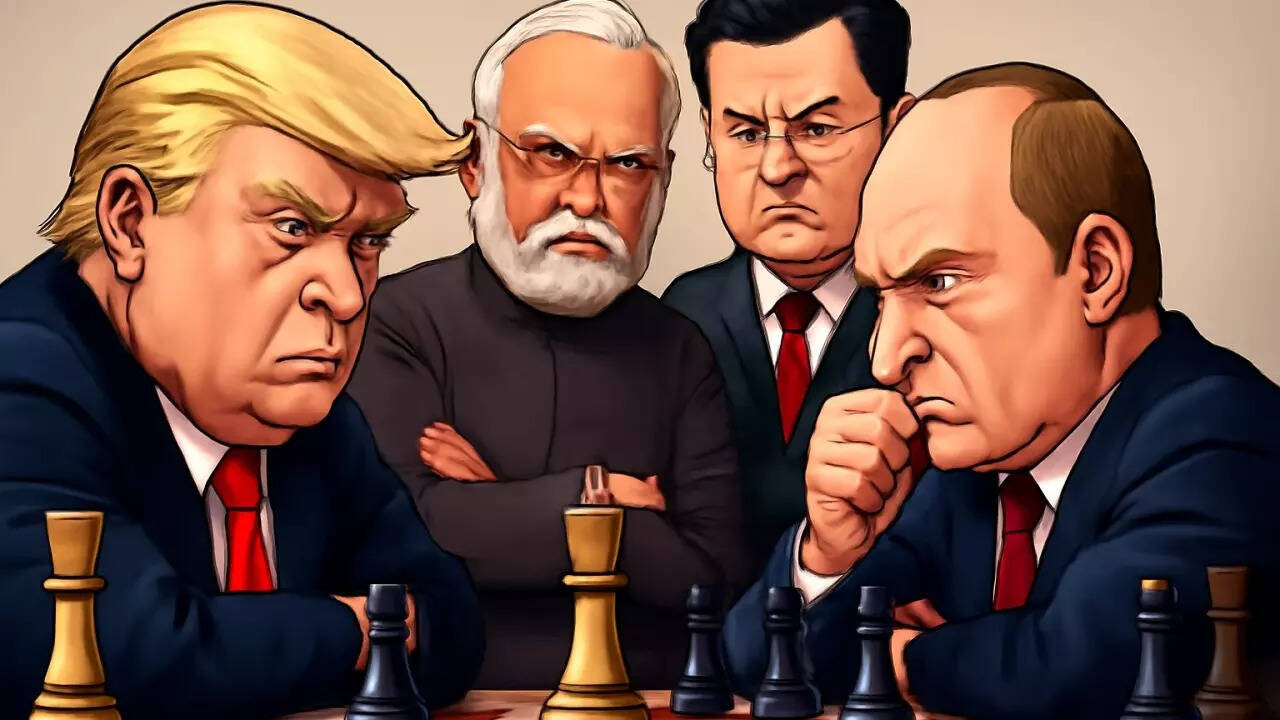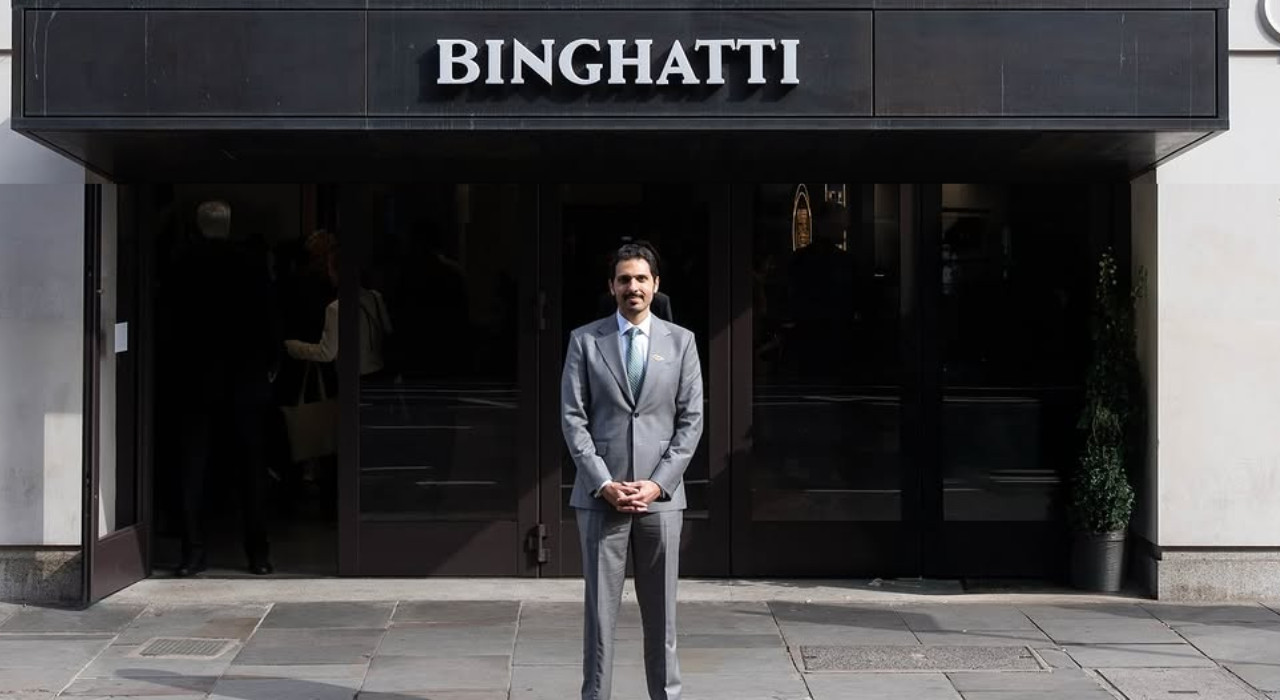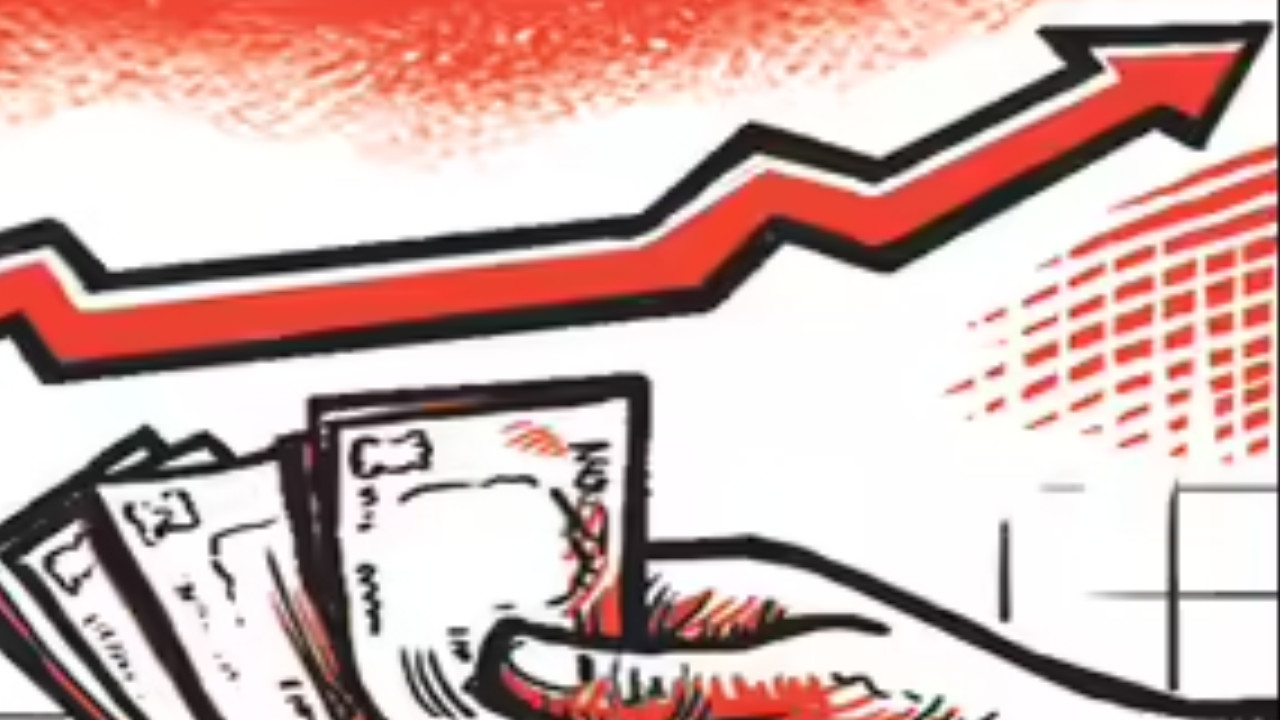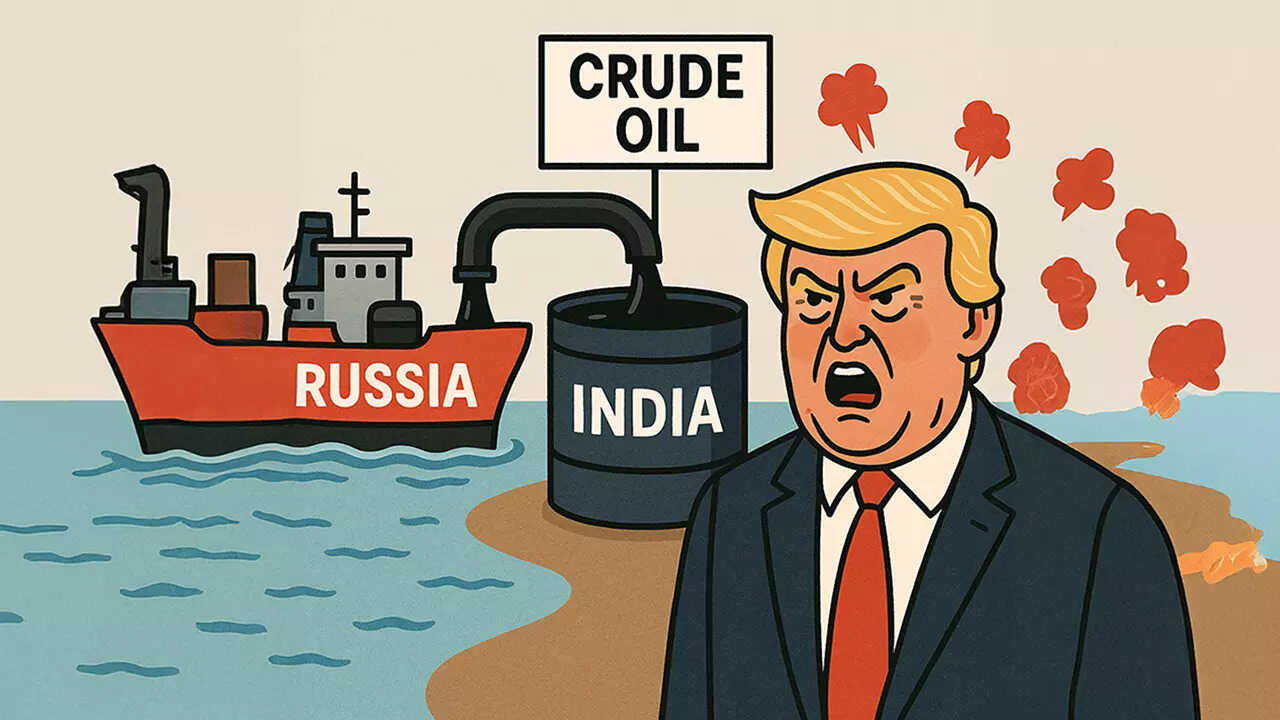Donald Trump’s efforts to pressure Russia through China and India regarding the Russia-Ukraine war are faltering, as both nations resist halting Russian oil imports despite threats of tariffs. China asserts its energy independence, while India emphasizes its long-standing partnership with Russia.
Can India and China Really Sway Putin? The Ukraine War’s Unexpected Power Brokers
The world is holding its breath, watching the agonizing stalemate in Ukraine drag on. As traditional diplomatic avenues seem to dead-ended, whispers are growing louder: can India and China, two nations with complex relationships with both Russia and the West, actually hold the key to de-escalation? It’s a question hanging heavy in the air, laden with both hope and skepticism.
Let’s be blunt: the situation is dire. Sanctions, while biting, haven’t forced Putin’s hand. Negotiations have stalled. The human cost continues to climb. The West, largely united in its condemnation of Russia’s actions, is exploring every conceivable option. And that’s where the potential influence of India and China enters the narrative.
For years, both nations have carefully cultivated ties with Russia, driven by a mixture of strategic interests and economic pragmatism. India, a major importer of Russian arms, has maintained a neutral stance on the conflict, calling for peace but refraining from direct condemnation of Russia. China, with its own strategic ambitions and growing economic partnership with Russia, has adopted a similar position, providing economic support while publicly advocating for a peaceful resolution.
But are these stances merely opportunistic, or do they represent genuine leverage? The answer is complex, mired in geopolitics and economic realities. Both India and China possess something the West desperately needs: a direct line to Putin’s ear. They have the potential to communicate concerns, to outline the long-term consequences of the war, and perhaps, to even influence his decision-making.

The question isn’t just if they can influence Putin, but how they might do so. Direct, public condemnation seems unlikely, given their established positions. Instead, the potential lies in quiet diplomacy, in leveraging economic ties, and in presenting a united front on the need for a swift and peaceful resolution. Imagine a scenario where India and China, acting in concert, subtly exert pressure on Russia through trade negotiations or by signaling concerns about the long-term economic impact of the war. This kind of behind-the-scenes influence could be far more effective than public pronouncements.
However, there are significant hurdles. Both India and China have their own strategic priorities. They might be wary of actions that could be perceived as aligning too closely with the West or jeopardizing their relationships with Russia. There’s also the risk of overplaying their hand and losing their influence altogether. Putin, a notoriously stubborn leader, is unlikely to respond well to overt pressure or ultimatums.
The Economic Angle: How Trade Might Influence Peace
The economic dimension is particularly crucial. Russia’s reliance on trade with India and China has increased significantly since the imposition of Western sanctions. This dependence creates an opportunity for both nations to exert influence, but it also presents a risk. If they push too hard, Russia could simply seek alternative partners or double down on its current course of action. Therefore, any attempt to leverage economic ties must be carefully calibrated, balancing pressure with incentives.
India’s Stance on the Ukraine War: A Delicate Balancing Act
India’s position is particularly nuanced. As a major democracy with strong ties to the West, India faces increasing pressure to take a more assertive stance. Yet, its historical relationship with Russia, particularly in the realm of defense, makes a radical shift unlikely. India’s best approach is likely to continue its call for peace, while subtly using its economic relationship with Russia to encourage de-escalation. This requires a delicate balancing act, navigating the complex web of geopolitical interests.
Ultimately, the ability of India and China to influence Putin hinges on a number of factors: their willingness to act in concert, their ability to leverage their economic ties effectively, and their understanding of Putin’s motivations and red lines. It’s a high-stakes gamble, with the future of Ukraine – and perhaps the global order – hanging in the balance. While they may not be able to single-handedly end the conflict, their potential to shape the narrative and influence Putin’s decision-making cannot be ignored. Their involvement, even if subtle, could be a crucial piece of the puzzle in finding a path toward peace.







